Most of us remember our parents telling us when we were
children that when they were our age they had to walk two miles, every
day, in the snow, uphill, both ways, to go to school. In
ancient times we can imagine our ancestors telling their children that when
they were their age they were slaves to Pharaoh. Our rabbis liked that line so
much that they forever imprinted it on our minds by including it in the
haggadah: “In each and every generation a person should see himself as if he
personally went forth from Egypt.” It is not sufficient for us to read or tell
the story — we are to feel as if we were experiencing the liberation from
slavery into freedom.
Those among our people who survived the Holocaust do not
need to be reminded of their liberation. Each and every day the Holocaust
survivor remembers the hunger, the humiliation and the degradation of his or
her experience. Recurring nightmares and certain experiences can trigger and
bring back in an instant the memories and horrors of the past. These people
appreciate more fully each and every blessing of food, health, warmth and
comfort.
The difficulty is in transmitting that appreciation to the
next generation — and so we recite each year: “In each and every generation a
person should see himself as if he personally went forth from Egypt.”
Similarly, the most oft-repeated verse in the Torah, no fewer than 36 times,
tells us, “To treat the stranger with kindness, because you remember how your
were treated when you were strangers in the land of Egypt.” Sociologists would
tell us that those who were abused as children will likely grow up to be
abusers. The Torah, however, does not cut us any slack. It is precisely because
we remember our persecution and oppression that Jewish people are to assist the
widow, the orphan, the stranger, the poor and all the other vulnerable members
of society. Not only may we not abuse others, we are obligated to be most
helpful to those who are most likely to be mistreated by others.
Rather than using our ignoble historical past as an excuse
to receive sympathy we are held to a higher standard because of the oppression
we remember at the hands of Pharaoh and the taskmasters. Despite the fact that
most of us were born in America, this wonderful land of abundance, we are
bidden to annually remind ourselves of the gnut (our scornful past) and humble
beginnings as a people. Though we are physically in Los Angeles and in
comfortable homes, we identify as a member of an ancient people subjected to
countless persecutions. We have survived to relive the story and thereby make
sure it never happens again — to us or to anybody else. Our awareness of our
own material blessings is tempered by our acknowledgement that the world is
still unredeemed. We are not permitted to be too comfortable. The eastern
corner of our home is to be unfinished, reminiscent of the destruction of the
ancient temple. Our blessing after the meal during the weekdays begins with
Psalm 137: “By the rivers of Babylon there we sat and wept for Zion,” reminding
us of our exile from Jerusalem 2,500 years ago. At a wedding when we celebrate
a supremely joyful moment, we break a glass. Our material blessings are tithed
to tzedakah — to hasten the final redemption for all.
What a strange challenge. We are to live in two worlds. We
work hard to provide for our families all the blessings of this rich culture —
but we are to be reminded: “This is the bread of affliction our ancestors ate
in the land of bondage. This year we are slaves … next year may we be free;
this year we are here, next year may we be in the land of Israel.”
Twice each year (the last moment of Yom Kippur and at the
end of our Pesach seder) we recite the words: “Next year in Jerusalem.”
Even those in Jerusalem recite these words. We are never
quite in the Jerusalem that was intended by those words. Those words imply the
time of redemption for all mankind.
I spoke to my son today. He lives in Jerusalem. He tells me
of a bus that was bombed, the eight who were killed and the 60 who were
injured. This world is the earthly Jerusalem. He then went to the Wall to pray,
with those who long for the Yerushalayim Habanuyah — the rebuilt and redeemed
Jerusalem, the true City of Peace to which we all intend our prayers.
We are not permitted to lose hope or lose our sense of
balance. We do not dwell excessively on the bitter herbs or bitterness of life.
We combine the bitter herbs with the charoset — the bitter with the sweet.
Israel’s national anthem is “HaTikvah” (The Hope).
Our momentary abundance does not blind us to our collective
poverty. And our sadness at the realization of the hunger, illness and pain in
this world does not blind us to our mission. “Next year in Jerusalem” is a
prayer and a directive. We are to guide our actions and inspire our hearts and
minds to work toward a rebuilt Jerusalem. Our prayers are directed to our
inmost heart to move our hands to bring about the final redemption.
This year we work to bring about the Jerusalem that we will
enter next year.
May Elijah drink from his cup at our seder this year and
foretell the coming of that great and awesome time, the time of peace for all
humanity. Â
Gershon Johnson is rabbi at Temple Beth Haverim in Agoura Hills.






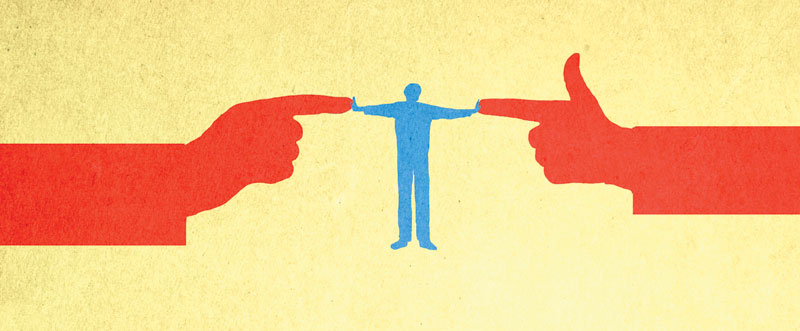
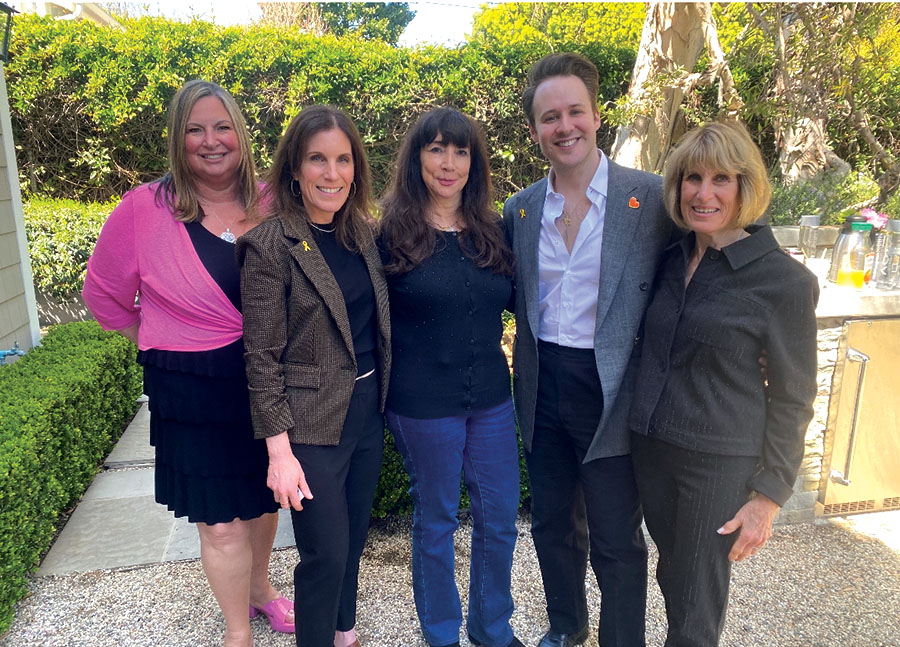
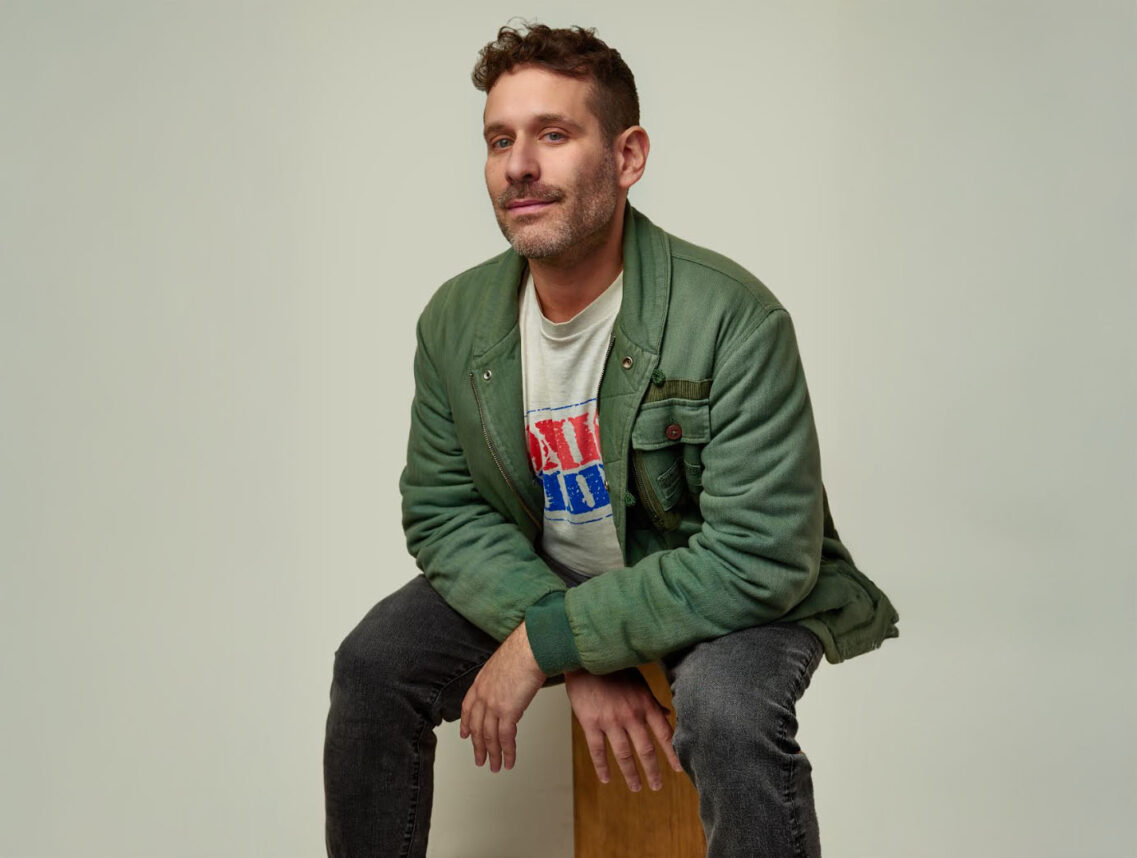
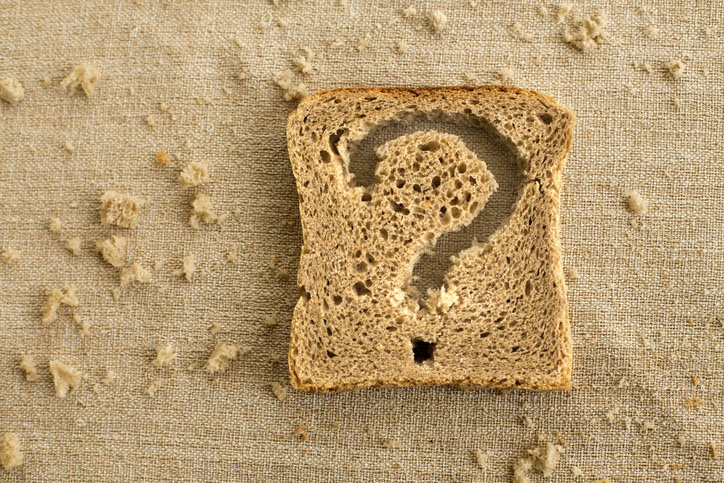
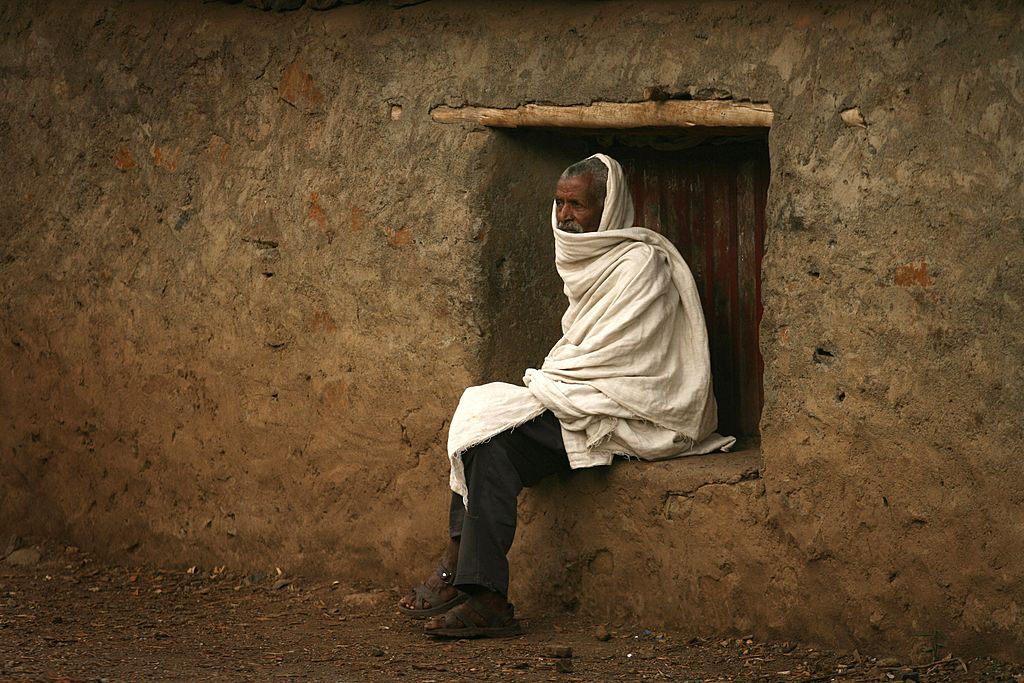
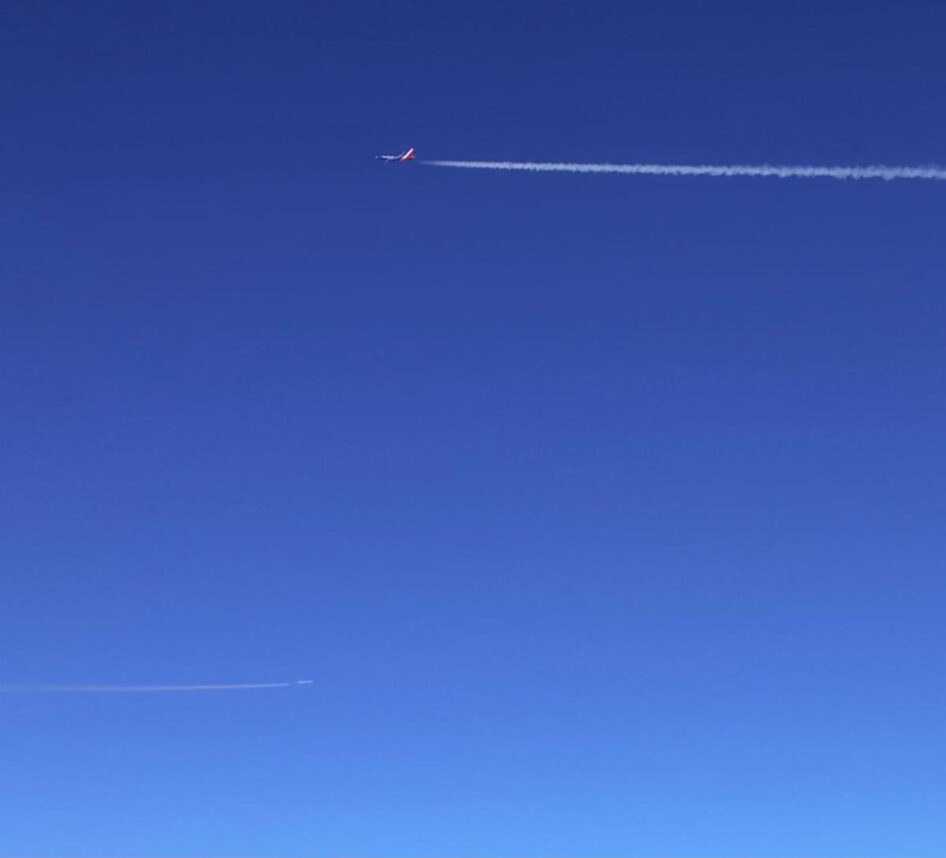
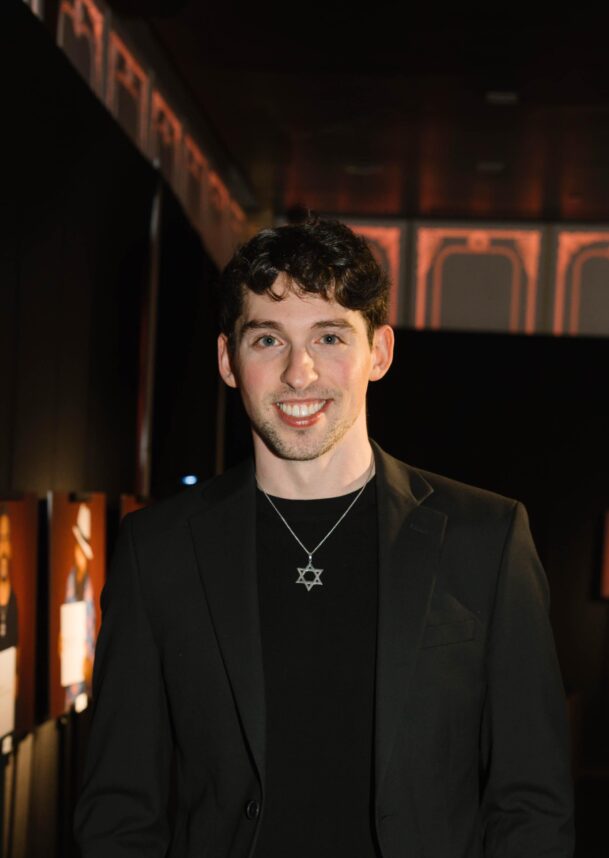
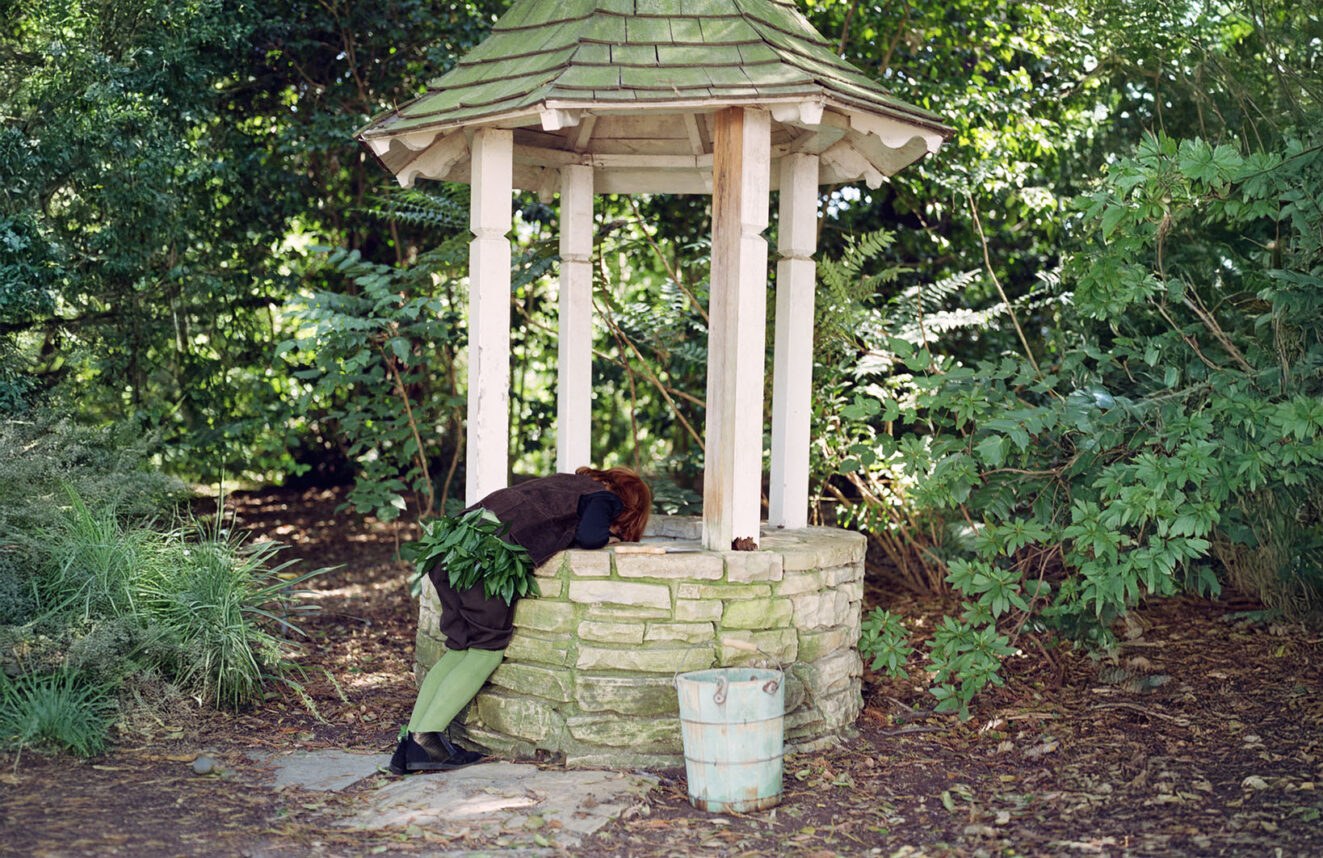
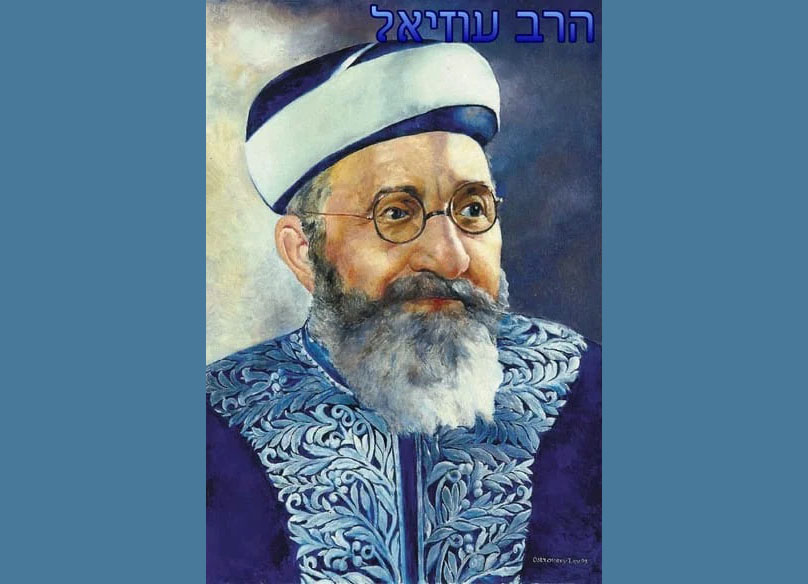




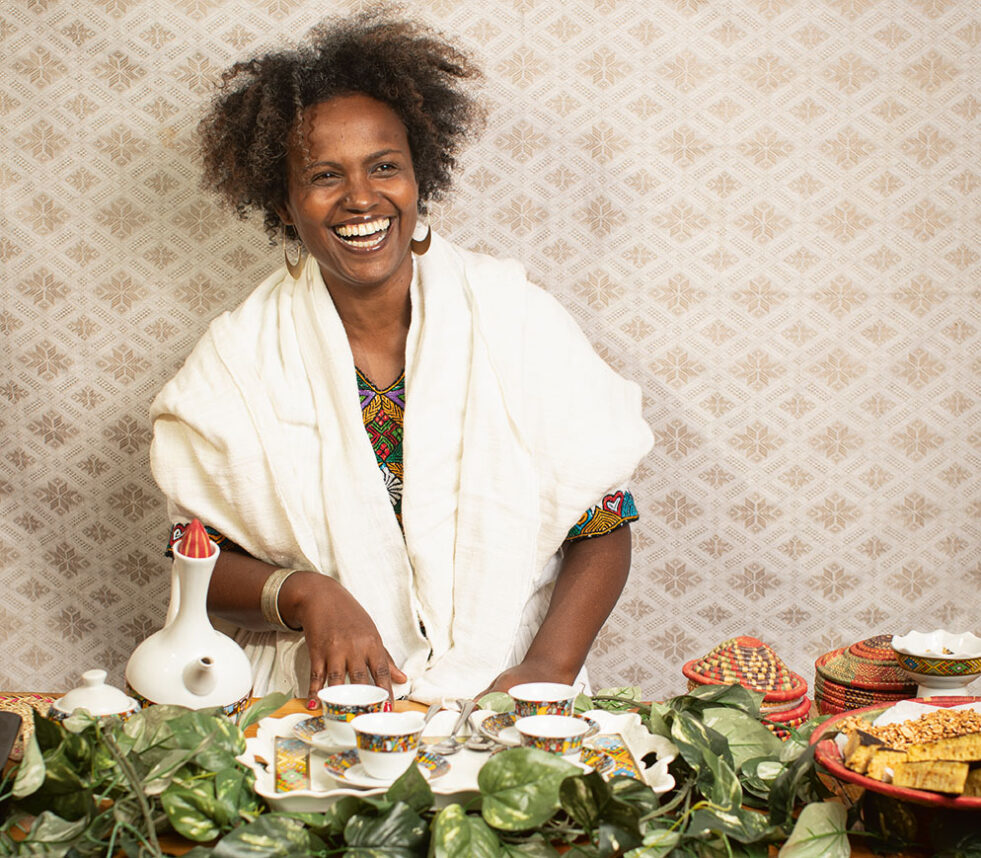


 More news and opinions than at a Shabbat dinner, right in your inbox.
More news and opinions than at a Shabbat dinner, right in your inbox.